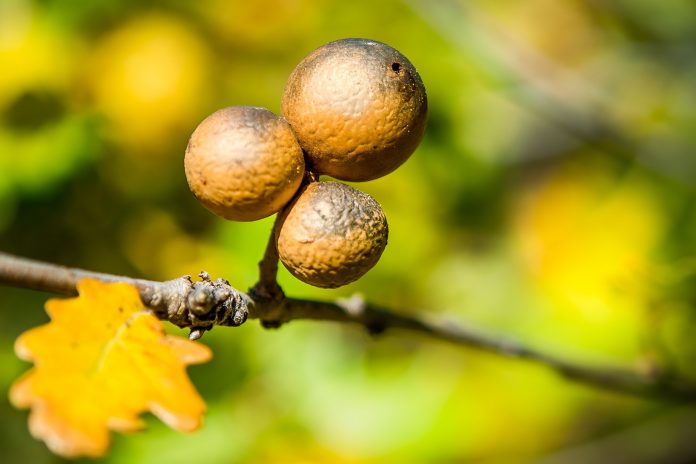Due to the rise of social media, celebrity culture and bloggers, there has been a surge of health trends in recent years that promise to provide an easy solution to weak vaginal muscles. But is there any truth to them?
Throughout the ageing process, women’s bodies go through several changes including hot flushes, night sweats and a reduced sex drive. Losing vaginal tightness is also an extremely common symptom of menopause but it often isn’t openly discussed, leaving many unsure how to cope with it.
Weak pelvic muscles can lead to urinary incontinence, dryness, and pain during intercourse. This can cause huge amounts of stress and disrupt every-day activities. Yet many women are too embarrassed to visit a healthcare professional, turning to the internet for help instead.
Some believe that using natural remedies can tighten the vagina, but many of these ‘hacks’ are not supported by research. The dangerous trends to avoid at all costs include using apple cider vinegar as a feminine wash and applying wasp nests—known as oak galls—into the vagina to restore elasticity and strengthen the pelvic muscles.
It might be tempting for women to try natural remedies in the privacy of their own home, rather than visiting a healthcare professional. But treatments that aren’t doctor-recommended and don’t have any proven results, could lead to infections and exacerbate the existing symptoms.
Pelvic-floor exercises, also known as Kegel exercises, are often recommended for mild symptoms. This involves tightening the pelvic muscles—which are used to control the flow of urine—for five seconds, and then relaxing them for another five seconds, while sitting, standing or lying in a comfortable position. These can be done before, during and after pregnancy.
Alternatively, for severe discomfort, women may benefit from vaginal rejuvenation, also known as Femilift. This pain-free procedure stimulates collagen growth within the vaginal wall, using laser technology to increase tightness. It relieves symptoms of urinary incontinence and improves sexual fulfilment.
Rather than experimenting with unreliable methods, it’s important to seek medical advice from a professional who can determine the cause and advise on how to safely and successfully strengthen the vaginal muscles.
For further information, read this article.
This article is intended for informational purposes only. If you have any questions or are considering any recommendations, please consult your health practitioner.
























